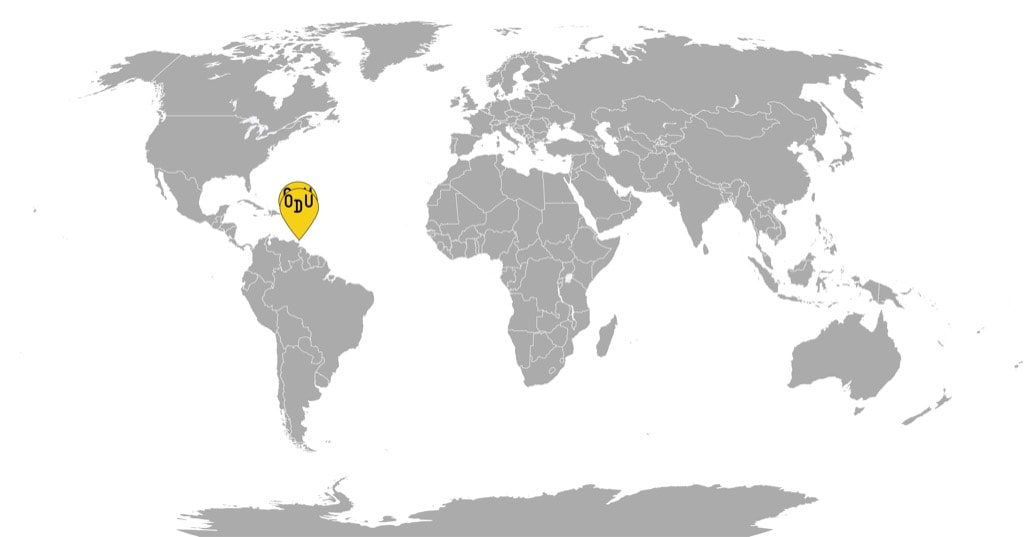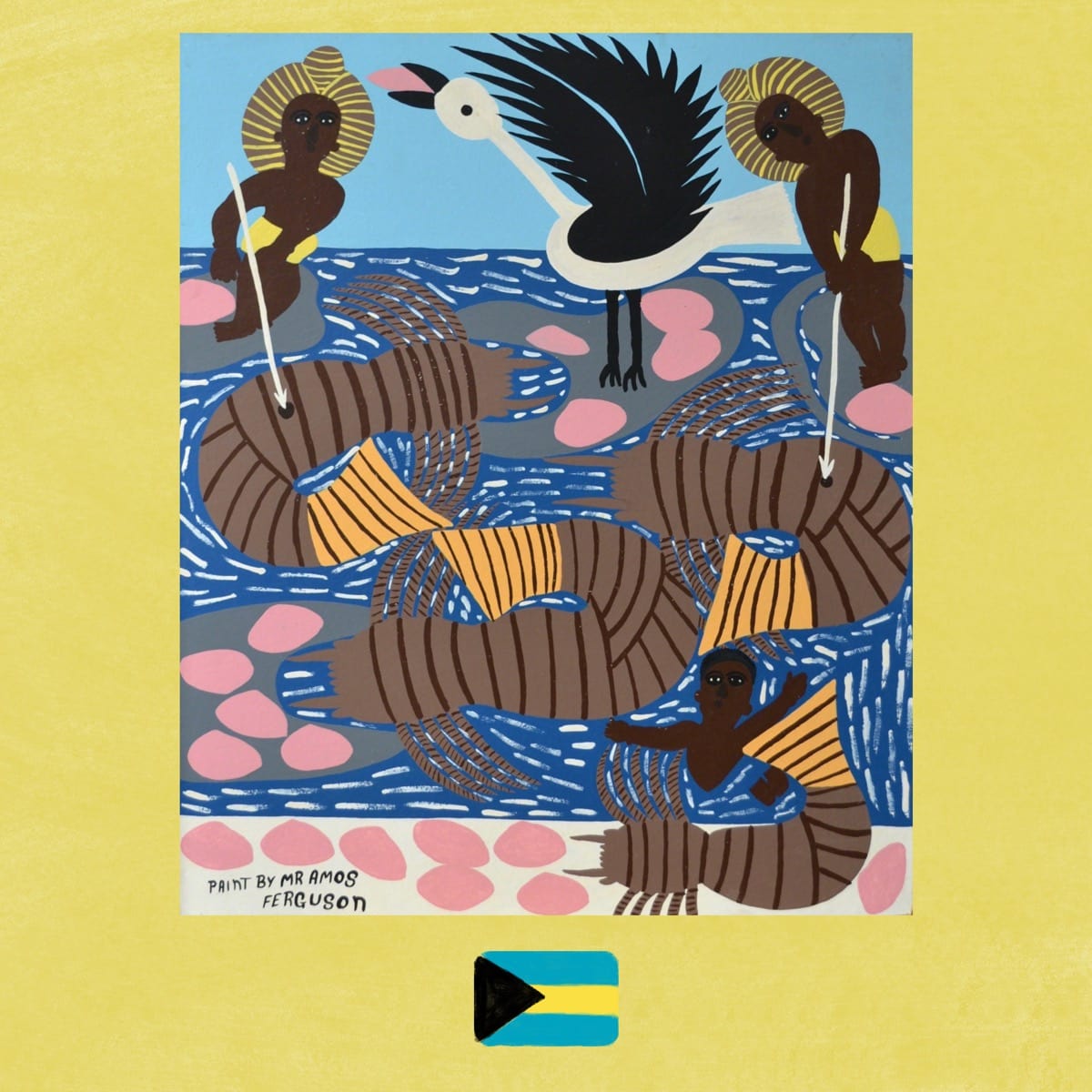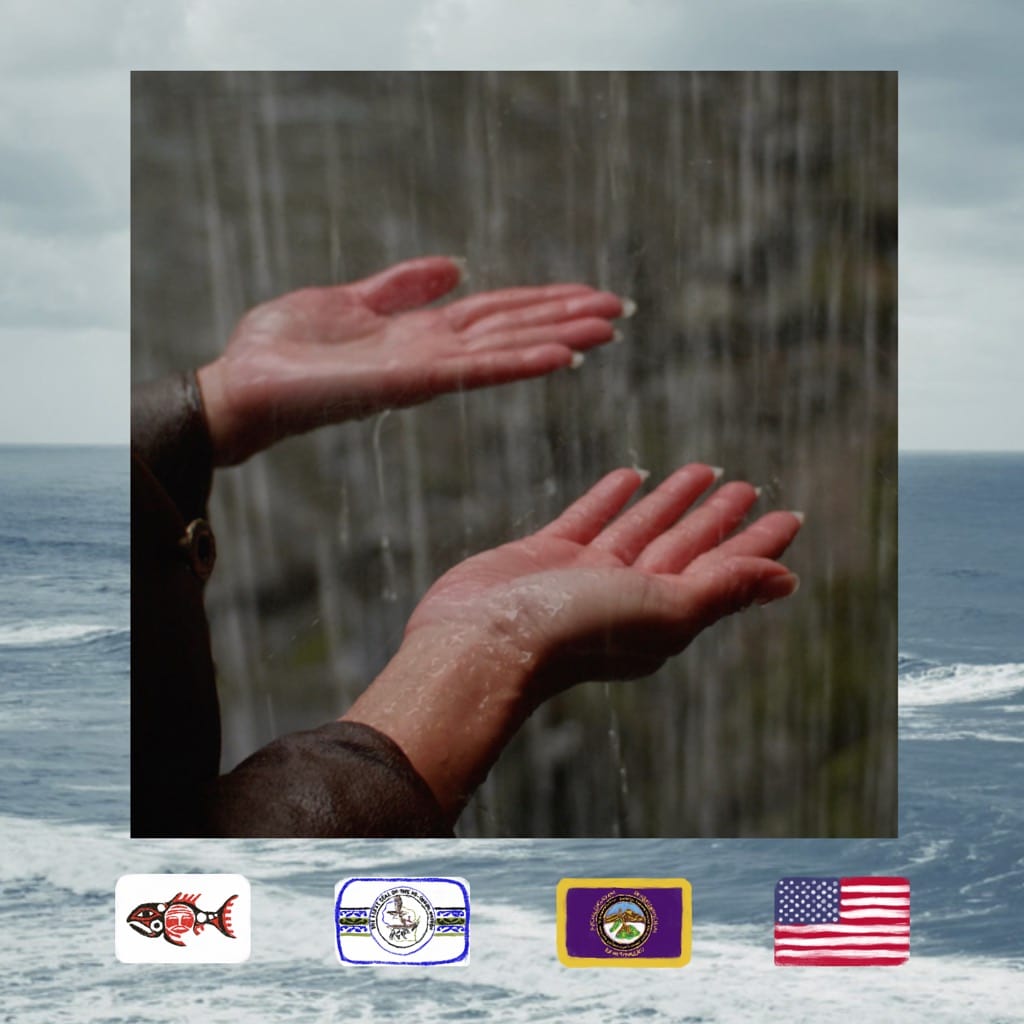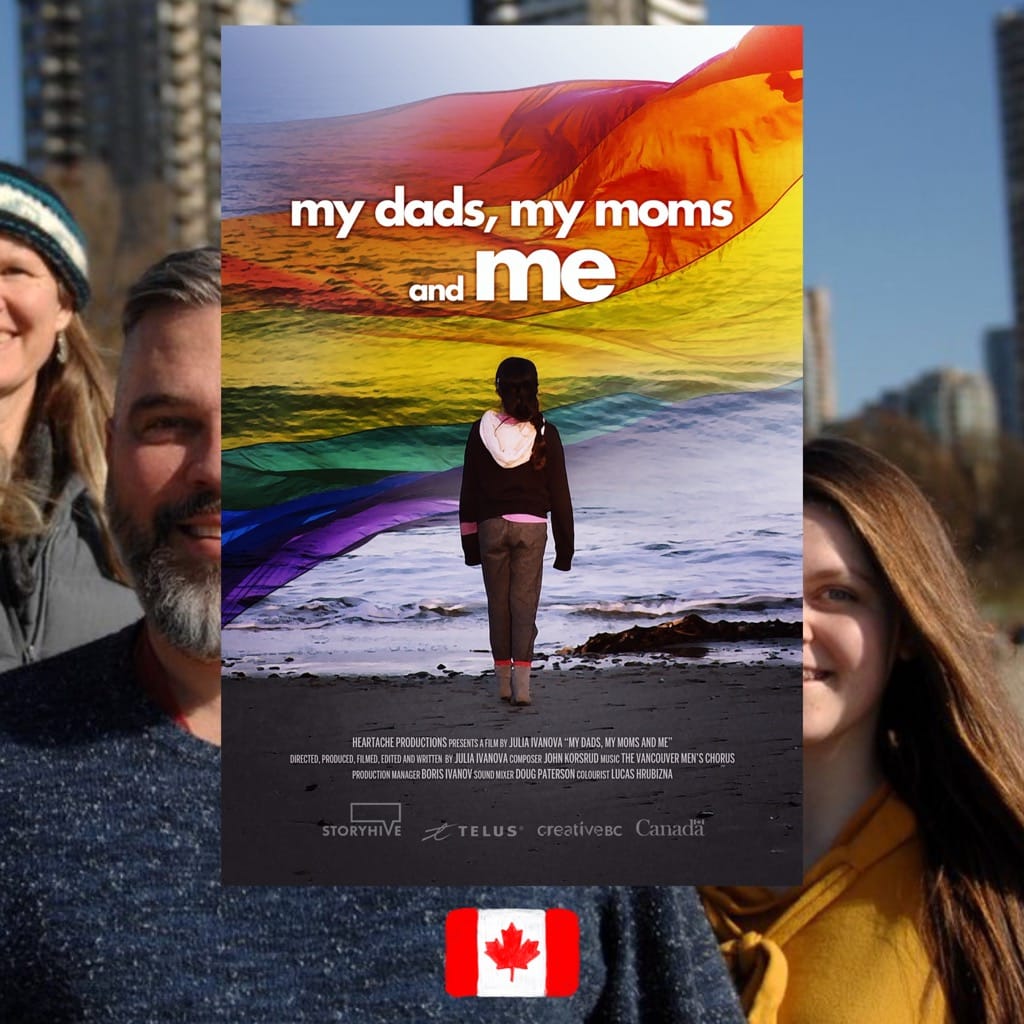The most honored king of calypso whose sharp tongue had turned to a variety of topics, like sex, race, slavery and politics, which he then fearlessly explored—a musical treasure still performing at 84



FROM GRENADA and TRINIDAD AND TOBAGO
WHAT’S GOING ON: Born in Grenada, a descendant of slaves, Mighty Sparrow (whose original name is, impressively, Slinger Francisco) moved to Trinidad and Tobago in his infancy. He grew up to become one of his adoptive homeland’s leading musicians, and one of the biggest stars of Calypso. Mighty Sparrow had been regaled with a record number of kingships and titles that are a foundational system for Calypso. He made an extensive career recording songs that reflected the island’s social and political history, along with the world’s current events and just ordinary things he deemed interesting. He found fame both home and abroad, specifically in the UK and the US, where Caribbean populations are best represented. This is not to say that his music is only interesting to the islanders. Mighty Sparrow’s songs cover a spectacular range of issues: from imperialism and capitalism to family relationships and sex. Today Mighty Sparrow is 84 and despite a coma behind him, is giving lively performances in New York City and elsewhere.
WHAT IT SOUNDS LIKE: In addition to a variety of subjects to which Mighty Sparrow turns his sharp wit, there is a variety of styles that intermingle in his music. While the beat and the percussions are mostly conventional for soca, the more contemporary calypso iteration, Sparrow’s music oscillates between delightful earlier orchestrations, and the more synth-heavy later arrangements. His vocals are a pick n mix, too. Sometimes he sounds like an American doo-wop heartthrob; at other times, he exaggerates his accent and makes his vocals pointedly ironic. Sometimes he breathes his lyrics a la Isaac Hayes, and sometimes his voice goes into a reggae frenzy without stepping too much further away from the tradition or even flirts with bossa nova. Calypso might be a genre more known for its effervescent music and wisecrack lyrics than complexity, but when a man of Sparrow’s breadth is at it, expect surprises.
WHY DO WE CARE: Mighty Sparrow is a dirty-sexy-brave musical pioneer. He was singing about getting down way before it was a thing. Even though they’re entirely different people from different ends of the world, I found the comparison with Serge Gainsbourg to come to my mind most readily. In the 60s, the majority of white musicians were breaking molds with downright vanilla stuff. Meanwhile, Sparrow sang about oral sex in his banned hit song “Congo man.” The song was dismissed by some a white critic via a hamfisted interpretation of its imagery as afrophobic. But to me, it seems an incredibly observant and scathing decree on race in sexual relationships. Another tongue-in-cheek hit is “Ah Fraid Pussy Bite Me,” which gets stuck in your head and never leaves. There’s a lot of discussion among calypso musicians and scholars alike about gender representation in Sparrow’s songs. Is he a misogynist? Does he solely reflect social mores? Is the subject matter redeemed by the widening of horizons? It’s all fascinating and valid, and the fact that such arguments exist in the discussion of a calypsonian’s work implies the heft of his heritage. Sparrow’s work that I’ve heard seems merely biting satire and to misconstrue it as his personal opinions are subjective. What I see is that he is a musician of exceptional depth. Mighty Sparrow reflected on the agency of participation in sexual conduct with the dedication that’s rarely matched by male musicians even on today’s scene. Besides, it’s hard not to pin down as “self-aware” a man who has a hit song that’s all about the speculations on his own demise by the general public.
WHY YOU SHOULD LISTEN: Mighty Sparrow’s songs are witty, uproariously funny, catchy, and danceable. But they’re also potent with political energy. Bob Marley became inspired when he first heard Sparrow’s song “The Slave” as a child and decided that he wanted to pursue a career in political music. It is, indeed, a chilling, beautiful song, that’s not featured on the album in question, but necessary. Calypso, in general, is a very political genre, and Sparrow’s political concerns run far and wide. Since he was there when the Americans left, he observed the social implications of imperialism on Trinidad’s many aspects of life. For instance, sex work, such as in his song “Jean and Dinah.” Some of his songs are priceless anthropological pieces, detailing the Tribangonian traditions and the way humans implement them. But Mighty Sparrow had also looked further across the oceans. He has songs on the evils of capitalism and the oligarchy, as well as reflections on the Cold war and the space race, and messages against the world’s various dictatorships and animal cruelty. And because, like other Tribangonians, Mighty Sparrow has been living in NYC’s Crown Heights for quite a while, he became embroiled in local politics. On many levels: he has a bunch of songs dedicated to the neighborhood and its complicated political situations and a call to action for the ’08 Obama election. This fiery dedication to activism paired with exemplary Calypso tunes makes Mighty Sparrow a musician of unmatched importance. His heritage must be acknowledged.
Mighty Sparrow, Soca Anthology
For more content like this sign up for our weekly newsletter
LISTEN TO MIGHTY SPARROW – AH FRAID PUSSY BITE ME
LISTEN TO MIGHTY SPARROW – SPARROW DEAD
LISTEN TO MIGHTY SPARROW – SLAVE
















